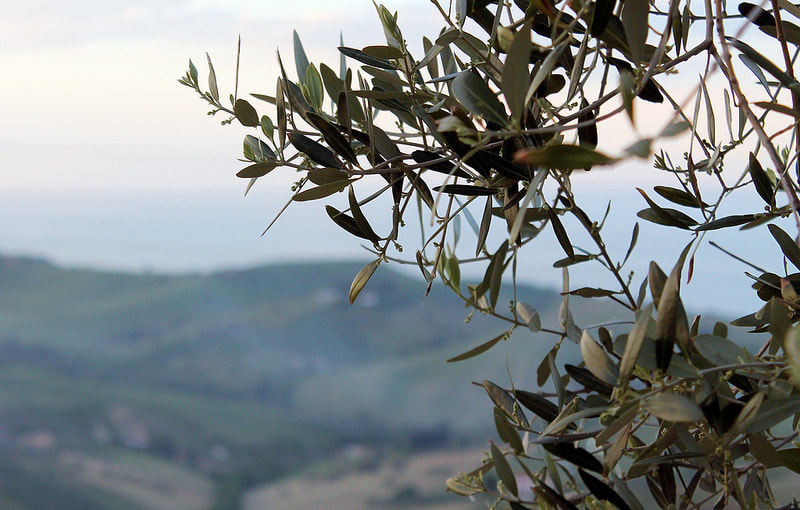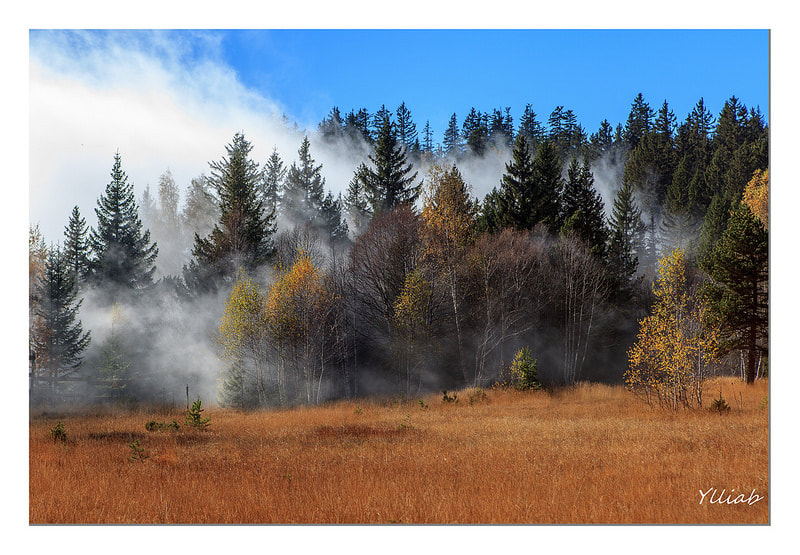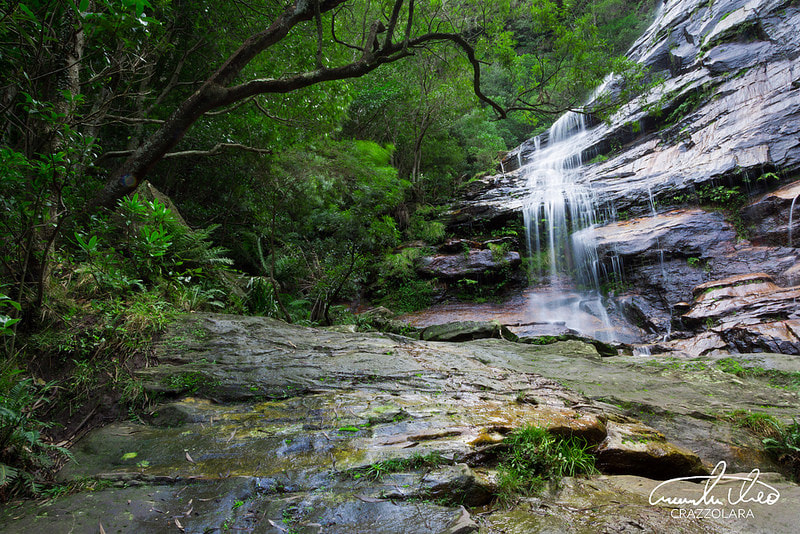After the Synagogue Attack
A video by Rabbi Bradley Shavit Artson in response to the
anti-semitic killings at the Tree of Life Synagogue in Pittsburgh
followed by an appreciation of his rabbinic wisdom from
Farhan Shah (Muslim Philosopher, Oslo, Norway) and
Jay McDaniel (Christian writer, Arkansas, USA)
No to divisive, hateful rhetoric and the fomenting of it.
Yes to public policies that make minorities secure.
Yes to the idea that we are all called to love.
Yes to the idea that God is inclusive love.
Yes to Resilient, Inclusive Love
In appreciation of Rabbi Bradley Shavit Artson's ministry,
and his sharing of rabbinic wisdom with the wider world,
Muslims and Christians included,
by Farhan Shah and Jay McDaniel
Free to be Jewish
The shattering of lives in Pittsburgh, and in so many other lands, by small-minded souls lost in their own darkness, is an affront to the heart and mind: human and divine. We recall a suicide bombing in Manchester, England, on May 22, 2017. We also recall a benefit concert held two weeks later called the One Love concert, funds for which went to the victims families. The name of the concert speaks for so many of us around the world, including Muslims and Christians like us, who yearn for a society that in which people are free to practice their religion without fear, free to be themselves, free to be Jewish.
Learning from Rabbi Bradley Shavit Artson
The very idea that God is One, and that this oneness is a horizon within whose arms all are held, is a gift from Judaism to all of us. In an essay called The Bible is a Book of Inclusion and Love our friend, Rabbi Bradley Artson, writes:
So my message for you is that if you see someone hold up this Book, and sound full of fear and hate, they have not really read it right. We need to be the love. Love is not flighty; love is not fickle. Any of you who have truly loved know that love is resilient and persistent and determined and irrepressible. We need to face the people who are so afraid that they speak in hate. We need to face them with the resilient love that resides in justice. We need to let them know that the One who created each of us special and different delights in difference and sees all of God's children as flowers of divinity -- each of us as special and precious. We need to remind them that we learned those lessons right here, in this Book. That love reverberates right here, in our hearts. It echoes right here, amidst our families and our loved ones.
Our love is Greater than Their Hate
And in his video after the Pittsburgh murders, offered above, Rabbi Artson echoes the same idea and counsels us, Christians and Muslims along with Jews, to take our hatred of violence and turn it into full-fledged protest against the hateful rhetoric that now pervades society, often fomented by people in high places, and an equally firm insistence upon laws and policies that truly protect people. He concludes with a call for all of us to live from the resilient love described above:
And so let's show that kind of resilient love that makes us stronger, that brings us together, and that causes us to act in harmony with each other across community lines and across community divisions so that from here on in we are all brothers and sisters; we are all linking arms and walking together; and we are building a society in which all people are welcome in their diversity, in their uniqueness for who they are, starting right now. And let that be this nation's response to the brutal anti-semitic killing, the worst in our nation's history, but one that joins now the brutality that's affecting millions of other people on a daily basis.
Beckoned by One Love amid an Epidemic of Atrocities
As Christians and Muslims, we side completely with Rabbi Artson. We, too, feel beckoned to One Love. The very phrase One Love is our name for God and also our hope for humanity. If there is a better hope, we cannot imagine it. Yet we also want to acknowledge the sheer weariness with religion, our own included. We, too, grow so weary of the hatred, the sheer ridiculousness, of so much evil inflicted in the name of religion. If religion means hatred, let there be less religion. And if God means hostility and destruction, let there be less God, too. We do not believe in God the ruthless dictator. We believe in God the One Love.
Even the God of One Love must be weary these days. At least we are. Guided by wisdom of the Qur'an and the New Testament, our weariness does not stop with mass killings of the sort seen in Pittsburgh.. Today there is epidemic of atrocities which would lead any sensitive and sane observer to conclude that human beings on our planet are lost in a collective insanity, seduced by envy, nationalism, ignorance, and hatred. Consider the concentration of wealth in the hands of a few; the violation of the rights of women and people of color; the proliferation of war and the threat of nuclear war; the despoliation of the earth. Consider mediocre politicians who lead their nations with lies and threats. Consider false news and adolescent tweet-makers. Consider the incapacity of human beings to dialogue across our differences in civility and mutual respect. We are told by sages from the past that human beings are endowed with a dignity and nobility, with a great potential for goodness, if they open their hearts to a Spirit of Goodness in whose life the universe unfolds. Amid the weariness, such views can seem quite naïve and too optimistic, especially if accompanied by a belief that the Spirit could make everything right but simply chooses not to.
One Love in Process Perspective
Along with Rabbi Artson, we are process theologians and philosophers. Inspired by his way of reading Torah, and by our readings of the Qur'an and New Testament - inspired by the wisdom he offers every week in his Moments of Torah, and by our appreciation of the work of Muhammad Iqbal and Alfred North Whitehead - we have a different image of divine power and, for that matter, a different image of God. We believe in God the merciful and compassionate, not God the dictatorial and self-preoccupied. The God in whom we believe does not build bombs, shoot guns, or send infantile tweets. God provides possibilities for goodness and moral reformation, again and again, all the time and always.
These possibilities are God's angels. Thus understood, God has never operated by manipulation or coercion and cannot, will not, do so. God is not an authoritarian dictator preoccupied with reward and punishment, obsessed with being flattered. God is a friend to life and love and the world, a companion to peace and creativity and freedom. God is the Spirit of Goodness at work in the world, operating through tender persuasion not cold coercion.
This means that history includes danger as well as promise, suffering as well as healing. Human beings are free to make decisions for good or ill, moment by moment; and they are not controlled, not even by the Holy One. This free response-ability is a risk for the world. The greater our capacities for cooperation, the greater our capacities for destruction. Weariness is an understandable response to the destruction, especially when it happens so often. There is a time for bitterness, too. But weariness and bitterness need not be, and cannot be, the final response.
Is there cause for hope?
If we humans have the capacity to perform acts of atrocious cruelty, we likewise have capacities and powers to embody great goodness. We can be seduced into hatred, to be sure, but we can also be inwardly and collectively lured, by the very Spirit of Goodness to help create communities that are creative, compassionate, participatory, multi-cultural, egalitarian, and economic-ecologically wise, with no one left behind. Inspiration for goodness is one of the most beautiful aspects of our humanity. It has a royalty to it that can never be defeated by terrorists or cowed by kings. Our agency for the good, and the Spirit's invitation to the good, coalesce into a single act: that of justice, companionship, creativity and freedom. The final response is not a response of static condemnation, but a vital act which deepens our whole being, and sharpens our action-tendencies with the creative assurance that this planet, this dwelling place, is not something to be merely seen or known as mere spectators, but rather something to be produced and re-produced by ceaseless value-oriented activity.
There is cause for genuine hope. The future is truly liable to change, not only for us but also for God. It is as-yet-undecided. The hope is that the planetary crisis in which we are all plunged can serve as a springboard for our own openness to novel possibilities derived from God. If we are able to fuse our creative and humane tendencies into a larger whole, we can hope for a world-life in which suffering, and particularly unjust suffering, is reduced to a minimum. Our need today is to teach each other, to become worlds of goodness for one another, so that the small-minded lost in their own darkness, the ones who know only the power of the intimidation, bullets and bombs, will themselves grow into whatever light is possible for them.
We cannot speak for them. What we know is that this love, this compassion, this mercy, is our own calling. The compassion and mercy arrive in our lives through fresh possibilities from the Holy One. If angels exist, they are these possibilities, these initial aims. Amid epidemics of atrocity, may we be open to the angels. They are the gift of life, however named and understood. And sometimes, when possible, let's sing and dance with the angels, too. These are indeed moments of the greatest trial for well-meaning humans, but also moments of bliss and joy as we join Rabbi Artson with linked arms and say "Enough. Let us link arms and walk together."


